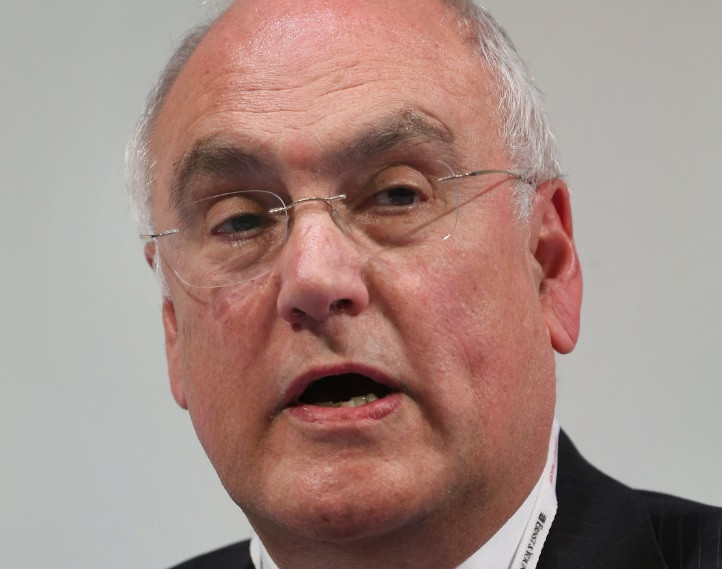Ofsted chief: Grammar schools will fail majority of children
'We must not be misty-eyed and nostalgic about the 50s where a small minority youngsters did well and 80% or more did badly.'

Ofsted's chief inspector has spoken out against the introduction of grammar schools, claiming they would hinder the academic performance of those children who remain in the comprehensive system.
Sir Michael Wilshaw warned that standards in mixed-ability schools could dip without the ambition and drive of the brightest 20% of children to "lift everyone up".
He also condemned the "misty-eyed and nostalgic" view towards the 1950s 'and called for a "skills revolution" to equip Britain for the challenges of Brexit.
"If I thought grammar schools were going to make a difference I would be here saying so and I would be waiving the flag for grammar schools. I don't think they will. We've moved on," he told BBC's The Andrew Marr Show on Sunday (30 October).
"We must not be misty-eyed and nostalgic about the 50s, where a small minority of youngsters did well and 80% or more did badly. Our economy now needs more highly-skilled, better-educated people than ever before."
He also said grammar schools were detracting from the British skills shortage, which he called the "gaping hole in our education system".
"If you have grammar schools you take away the most able children from the all-ability comprehensive set up, and I speak as an ex-head of a successful inner city comprehensive school. I needed that top 20% to lift everyone up and it was my ambition to get 70, 80, 90% through their GCSEs, and I wouldn't have been able to do if those top, most-able youngsters went to the grammar schools because it was their ambition, their excellence, that affected the rest of the community," Wilshaw said.
"I would not focus on grammar schools, I would focus on education and skills. It's the real Cinderella story of the education system and with Brexit we need many more youngsters to go into those jobs in Sunderland, for example. We need a skills revolution in this country."
He also said it was vital the skills gap was plugged in the wake of the Brexit vote and called for an increase in homegrown workers to make Brexit "a success" in the event freedom of movement controls are exerted.
"We've got to sort out the big regional differences in our countries and we've got to do something about skills. It's a big gaping hole in our education system and that needs to be filled, and Brexit won't be a success unless we have more skilled homegrown workers coming through," he said.
He also said two-thirds of businesses he spoke to said the skills shortage was getting much worse and would continue to do so unless special measures were put in place.
"A lot of the poorest children who are in the white working class communities, and the rural areas and isolated communities and the coastal resorts, we've got to crack that one," he said.
"It's not simple but we need to get the best teachers and we need to get the best leaders into those communities and that is not happening at a rate that it should."
© Copyright IBTimes 2025. All rights reserved.






















